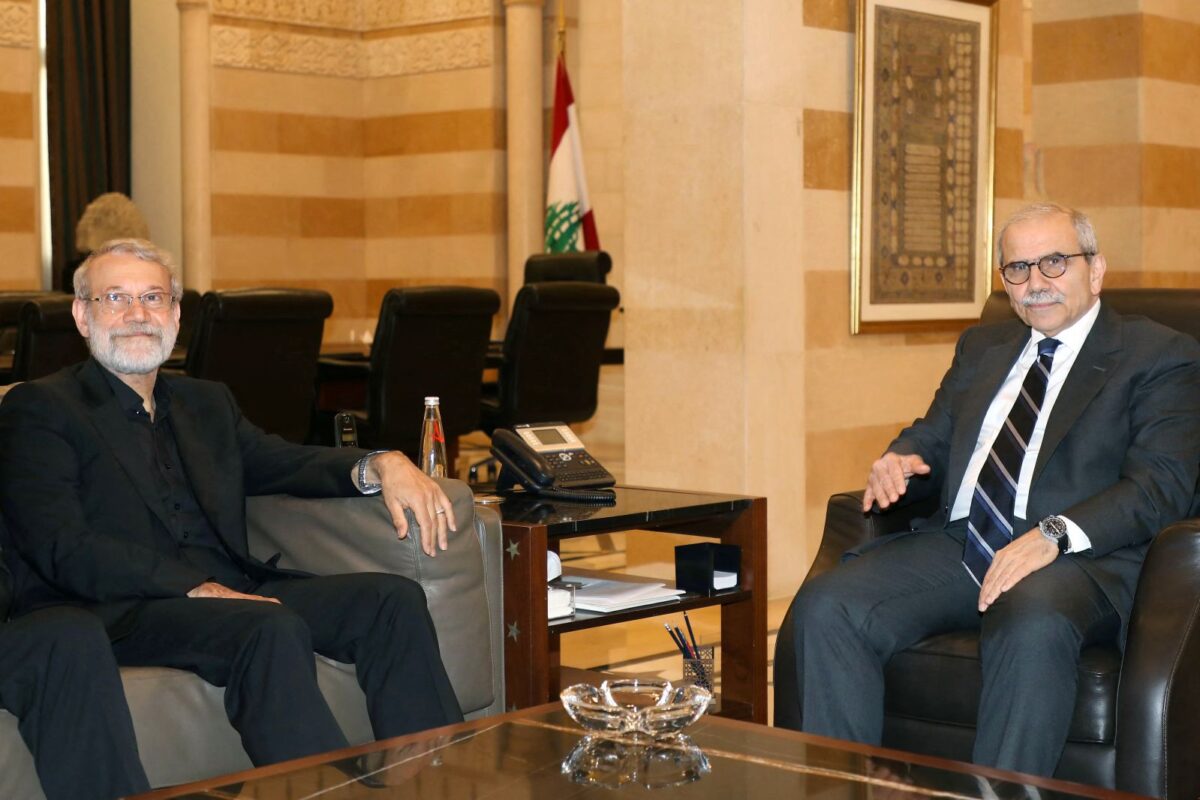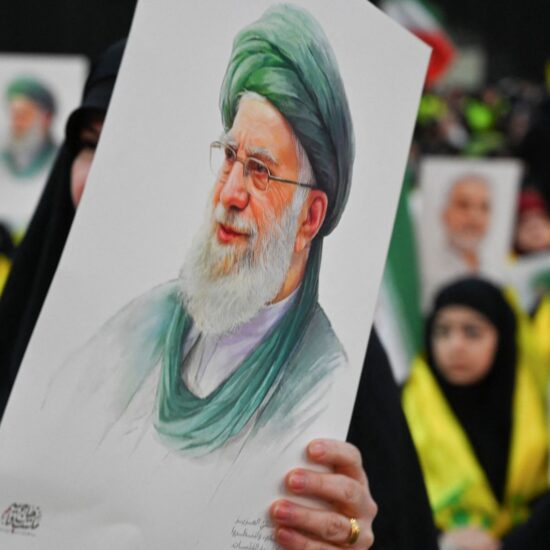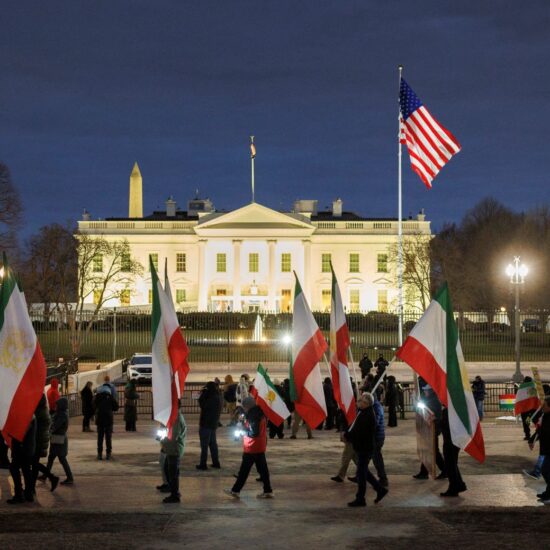
Today in Lebanon, we live in two parallel universes.
In the first — the one most of us inhabit — Hezbollah has lost its grip. It no longer dictates national decisions. Its weapons are being confiscated, its infrastructure dismantled, and its once-untouchable aura is crumbling at the hands of the Lebanese Armed Forces. Hezbollah looks less like an invincible “resistance” and more like a fractured organization in denial.
But there is another universe. That is where Hezbollah’s supporters — and perhaps some of its own leaders — still reside. In this world, Hezbollah will never surrender its arms, will never agree to function as a normal political party, and would sooner embrace self-destruction than admit its decline.
The problem is simple: these two universes cannot coexist. And so the debate is no longer about disarmament, despite the insistence of Hezbollah’s supporters to keep us trapped in that frame. The real question is what happens next.
Disarmament is not merely about removing rockets and rifles from Hezbollah’s hands. It is about the political choice Hezbollah makes in the aftermath. If Hezbollah loses its arsenal but clings to the same old narrative, then Lebanon will remain paralyzed. Because reconciliation requires two parties willing to meet each other halfway. You cannot drag a dying patient who refuses treatment into a hospital, at best, you step aside and let him meet his end in peace, or at a safe distance.
That is the choice Hezbollah and its supporters face today. Either they accept reality, adjust their narrative, and join the Lebanese state as equal citizens in a shared republic. Or they insist that the country is against them, in which case the country will move on, with or without them.
Perhaps this is the scenario Hezbollah secretly desires: a smaller kingdom in Jabal Amel, cut off from the rest of Lebanon, unable to wage wars against Israel, but still ruled by their grip on power. For a party so addicted to control, even presiding over ruins may be preferable to sharing a state where they no longer dominate.
But the rest of Lebanon has already made its choice. We have opened our arms. We have offered reconciliation, partnership, and coexistence. Hezbollah’s response has been more bullets, more denial, more isolation.
So the line is clear: join the state, or step aside. There is no middle universe left to inhabit.
Ramzi Abou Ismail is a Political Psychologist and Senior Research Fellow at the Institute for Social Justice and Conflict Resolution at the Lebanese American University.
The views in this story reflect those of the author alone and do not necessarily reflect the beliefs of NOW








